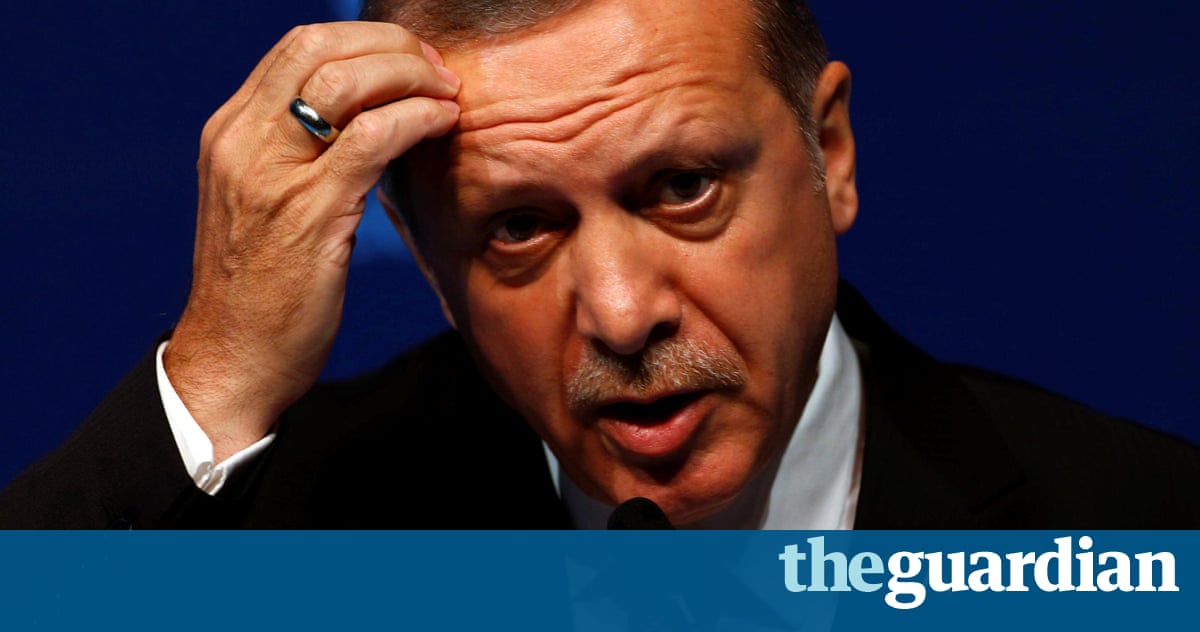Ukraine Day 844: LIVE UPDATES BELOW.
Yesterday’s live coverage of the Ukraine conflict can be found here.
- READ OUR SPECIAL REPORT:
An Invasion By Any Other Name: The Kremlin’s Dirty War in Ukraine
The Ukrainian military claims this morning that Russian-backed fighters conducted 46 attacks yesterday, with another 18 between midnight and 8 am today.
Four Ukrainian soldiers were wounded, announced Colonel Andriy Lysenko, military spokesman for the Presidential Administration. Two near Avdeyevka, one near the Putilovksaya mine, and another near Krasnogorovka.
According to this morning’s ATO Press Center report, Russian-backed fighters used 152 mm artillery to shell Ukrainian positions near Novotroitskoye, on the highway between Donetsk and Mariupol.
Sergei Zhmurko, spokesman for the ATO Press Center, told the 112 television channel this morning that after midnight Russian-backed fighters had shelled Ukrainian posititions near Krasnogorovka and Novotroitskoye with 120 mm mortars and self-propelled artillery.
Meanwhile the pro-separatist Donetsk News Agency (DAN) reports, citing a source in the security forces of the self-declared Donetsk People’s Republic that Ukrainian forces fired 140 mortar rounds last night.
According to the DAN report, Ukrainian forces shelled the outskirts of both Donetsk and Gorlovka, as well as front line settlements in the south.
In the north of Gorlovka, two homes were allegedly burnt to the ground by Ukrainian fire.
— Pierre Vaux
The Wall Street Journal reported yesterday that the final approval of a visa-free regime between the European Union and Ukraine may now be delayed until September at the earliest.
The European Commission, the executive body of the EU, announced in December that Ukraine had met the requirements for the regime, and officially proposed that the Council of the EU and the European Parliament lift visa requirements on April 20.
The visa-free travel regime is a core part of the EU Association Agreement with Ukraine, which then-President Viktor Yanukovych backed away from under Russian pressure, triggering the first protests that eventually, following brutal repressions by the security forces, grew into the EuroMaidan revolution.
As such, the introduction of the system is of vital political importance in Ukraine, especially at a time when the Ukrainian government is attempting to work through reforms as well as unpopular constitutional measures required to comply with the Minsk agreements.
According to the Wall Street Journal report, it is not only the EU’s visa-free regime with Ukraine that is being postponed, but those with other countries – Kosovo, Georgia and Turkey.
Italy and France are reported to have requested that the introduction of the regimes be delayed until new rules are approved which will greater facilitate the suspension of such arrangements in the event of abuse. The European Parliament, the report says, “is only expected to formally back the changes in September.”
In addition:
Diplomats say there are some EU governments who want to hold up any decisions on Georgia, Ukraine and Kosovo until they consider Turkey’s visa-free application.
The introduction of visa-free travel for Turkish citizens is a somewhat separate matter as the arrangement has been tied up with a deal on controlling flows of migrants and refugees from Turkey into Greece.

Turkey threatens to block EU migration deal without visa-free travel
Recep Tayyip Erdoğan has warned the European Union that Turkey would block laws related to the landmark deal to stem the flow of migrants to Europe if Ankara was not granted its key demand of visa-free travel within the bloc.
Meanwhile German officials are pushing for more action on organised crime from Tbilisi:
Georgia has been waiting for a decision on its visa-free regime since December. But in recent days, German officials have argued that Berlin’s backing for a deal is contingent on more efforts to stamp out Georgian organized crime gangs that German authorities blame for a spate of house robberies, German and EU officials say. On Wednesday, Berlin asked the commission to report on Georgian crime gangs across the bloc, according to people familiar with the discussions.
Sergei Sidorenko writes in Ukrainska Pravda today that while the introduction of visa-free travel for Ukraine has indeed become hostage to circumstances beyond Kiev’s control, due to the Turkish situation and nervousness in EU states about migration, the slow pace of reforms in Ukraine was also to blame.
According to Sidorenko, EU member states are “outraged” by the fact that Ukraine has implemented some key reforms “only on paper.”
The EU wants to monitor how Ukraine completes anti-corruption reforms. They need a lever: if Kiev starts to undo reforms, then it may be stripped of the visa-free regime.
In particular, German officials are “the most indignant of all at the ‘imitation of the battle with corruption in Ukraine.'”
President Poroshenko’s reluctance to dismiss former Prosecutor General Viktor Shokin, who was seen as personally responsible for blocking many reforms, is cited as a major grievance.
Sidorenko also raises the possibility that populist political forces could take advantage of further delays that may be regarded as a betrayal by the EU to cancel unpopular reforms in “revenge on Europe.” This would likely be backed, as the article argues, by influential politicians (and oligarchs) who may well fall afoul of the anti-corruption legislation.
Such a response could create a feedback loop, increasingly deteriorating relations between the EU and Ukraine.
He concludes:
“Therefore every month of foot-dragging on the visa-free regime for Ukraine is a step towards the abyss. And we very much hope that in Berlin, Paris and Rome, this is finally understood.”
